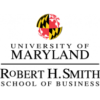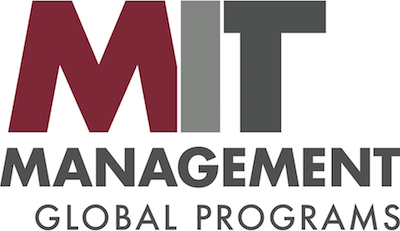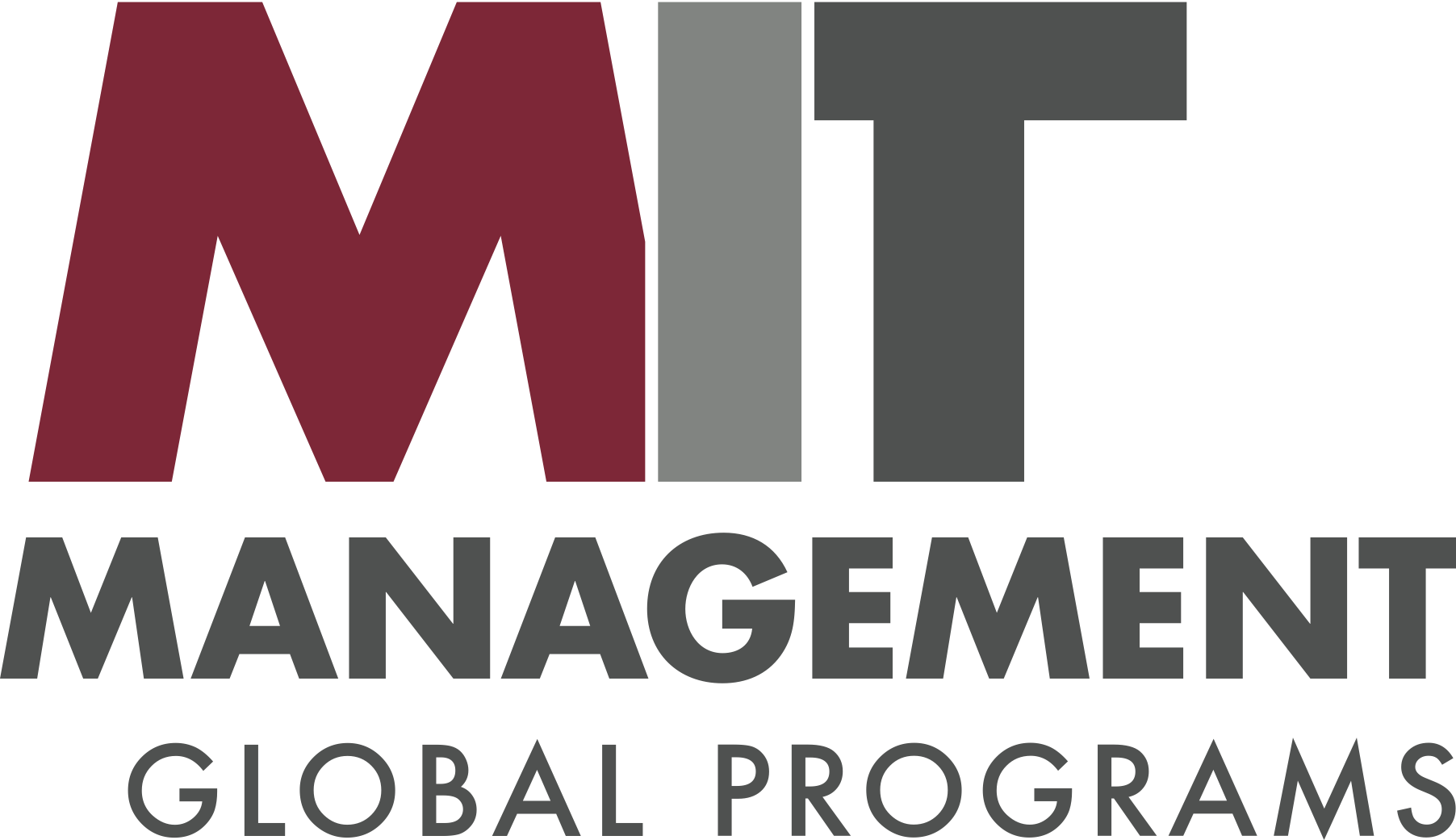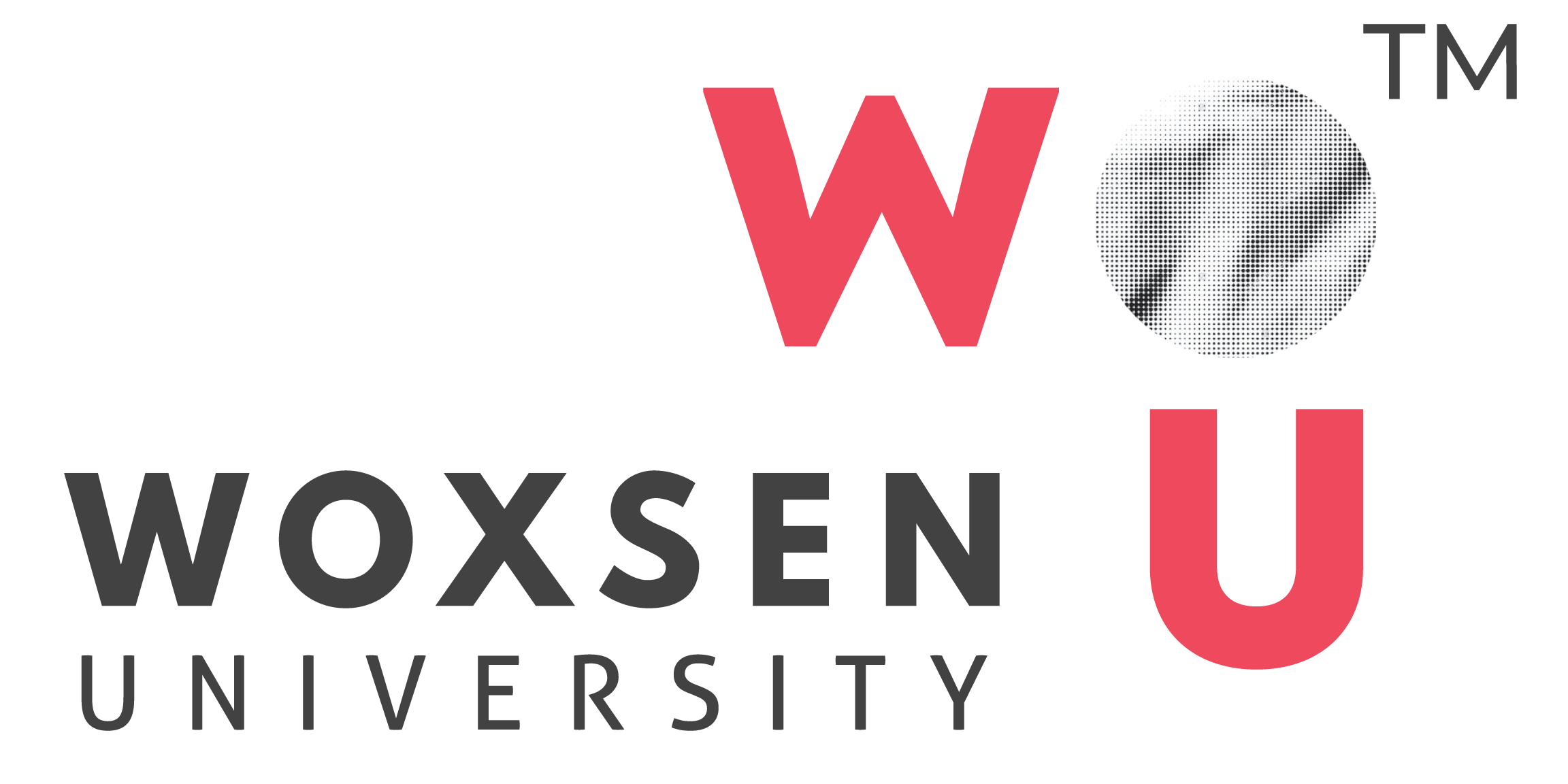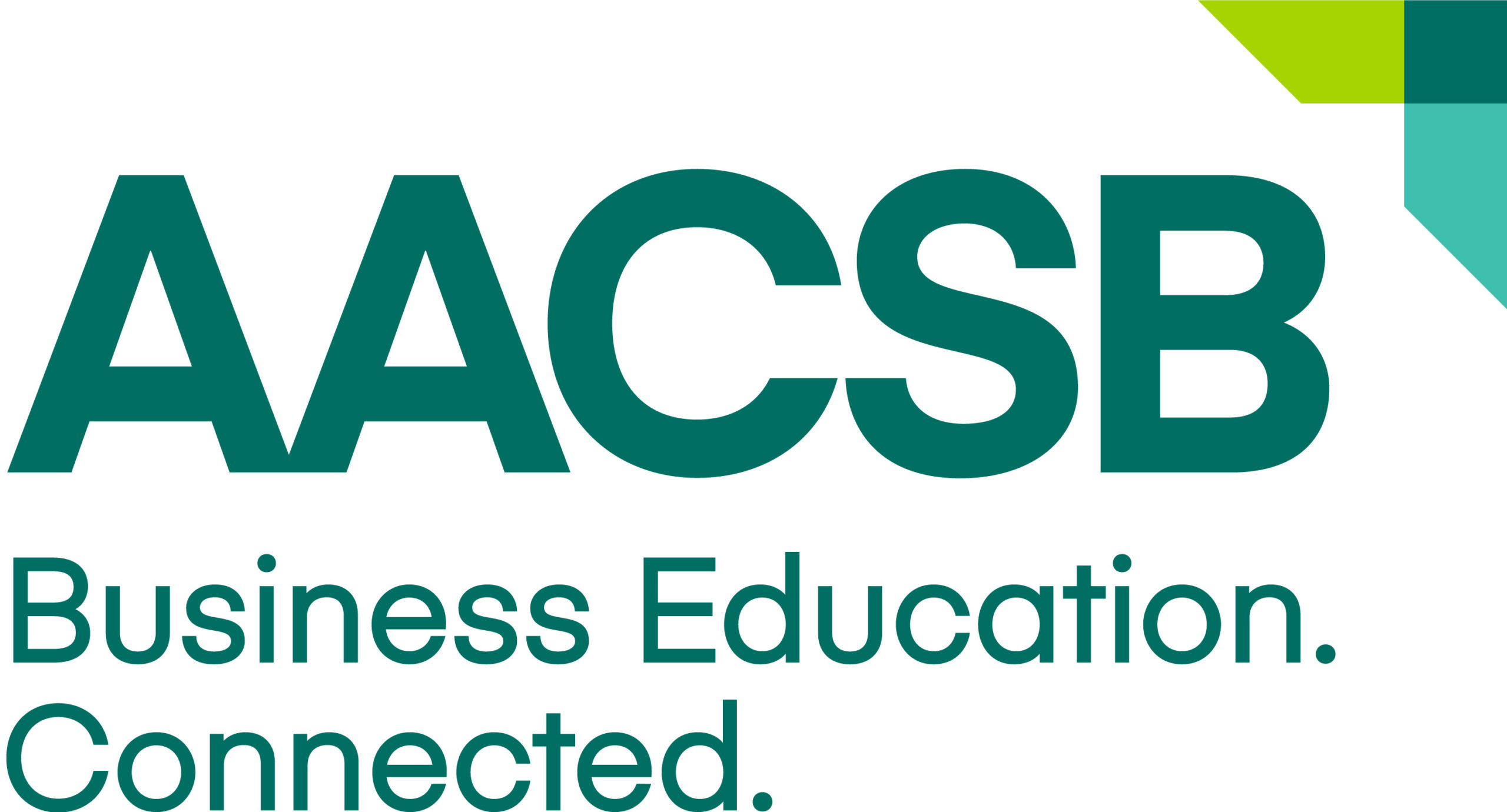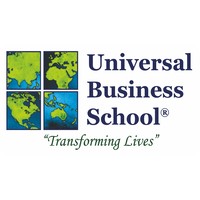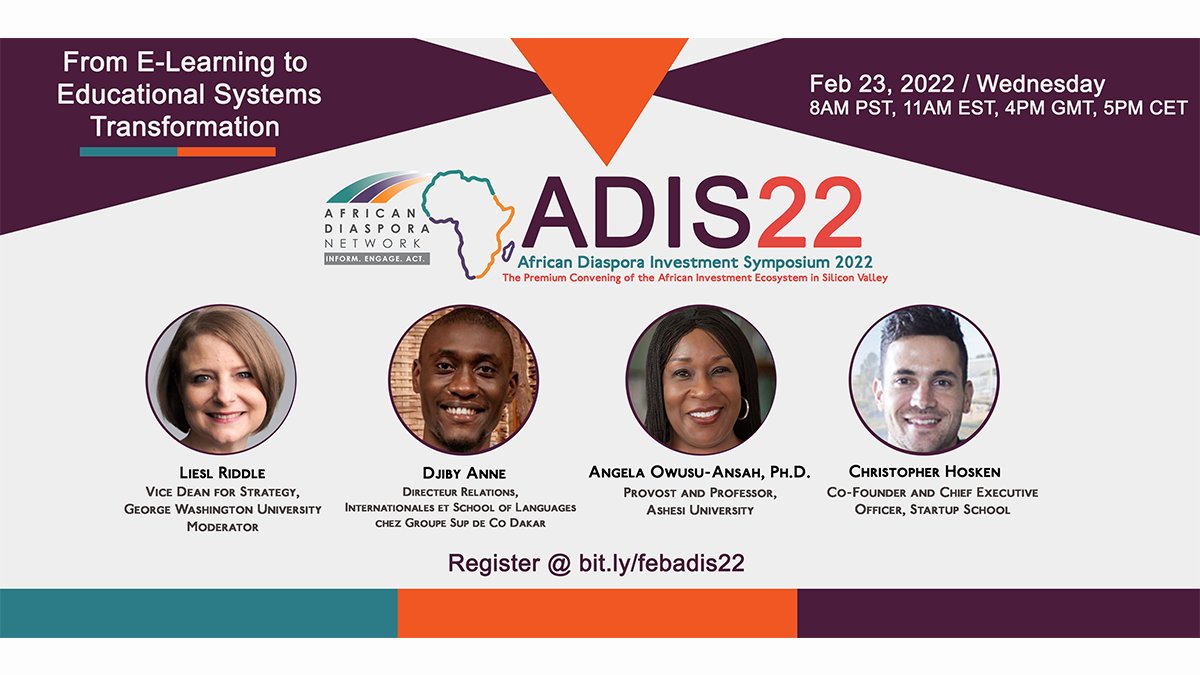
Conference Information
Dates: 22 nd & 23 rd July 2022
Location: Woxsen University, Hyderabad, India / Virtual
Important Dates
Last date for submission of Abstract: 5, April 2022
Intimation of the acceptance of Abstracts: 15, April 2022
The last date to submit the full paper: 5, June 2022
Intimation of the acceptance of paper: 18, June 2022
Last date to submit the revised paper: 15, June 2022
About the Conference
In Recent days, Artificial Intelligence & Knowledge Processing is playing a vital role in changing most of the sectors’ processes and landscapes. AI has an enormous impact on various automation industries and their functioning converting traditional industries to AI-based factories. New AI algorithms are changing the way business processes and results are analysed for enhancing their business. Knowledge processing is the act of comprehending and then representing human knowledge in data structures; semantic models, which are conceptual diagrams of data as they relate to the real world; and heuristics, which are principles that lead to answers to every AI challenge. Hence, a brainstorming and knowledge
sharing platform to further discuss future developments is essential. The AIKP’22 conference includes all areas of AI research, especially business analytics. This conference is an initiation by the School of Business, Woxsen University, Hyderabad, India to gather and share knowledge among Undergraduates, Postgraduates, eminent scholars and practitioners. It also creates a platform for many AI and ML experts/scholars to showcase their researchwork.
Aims & Scope
Artificial Intelligence & Knowledge Processing is playing a vital role in changing most of the sectors’ process and landscape. AI has an enormous impact on various automation industries and their functioning converting traditional industries to AI-based factories. New algorithms are changing the way business processes and results are analysed. Knowledge processing is the act of comprehending and then representing human knowledge in data structures; semantic models, which are conceptual diagrams of data as they relate to the real world; and heuristics, which are principles that lead to answers to every AI challenge. Hence, a brainstorming and knowledge sharing platform to further discuss future developments is essential. The present conference includes all areas of AI research, such as ANNs (Artificial Neural Nets) for Machine Learning and Object Recognition applications and Deep Neural Networks where their computing process needs to be discussed. A brainstorming and knowledge sharing platform to further discuss future developments is essential. This conference is an initiation by Woxsen University to gather and share knowledge among eminent scholars and practitioners. This conference would create a platform for many AI and ML experts/scholars to showcase their research work.
Topics
Topics of interest include (but are not limited to):
Theme-I: Artificial Intelligence & Knowledge Processing
- AI-Concepts
- Basics of machine learning for data analytics
- Data insights by utilizing Data visualization and exploration
- Statistical concepts for predictive modelling
- AI for IoT Applications
- AI in Big Data Analytics
- AI in Robotics
- AI in Marketing & Operations
- AI in Finance
- Q Learning Algorithms for transfer learning
Theme-II: Machine Learning
- Machine learning models and algorithms for big data classification
- Machine learning models for regression and classification
- Ensemble models for future predictions
- Dimensionality Reduction
- ANN model for analytics
- Recommendation Systems for customers
- Expert Systems for better decision making
- Decision-Based Systems for various sectors
- Machine learning in the analytic background
- Computer vision for automatic vehicles
Theme-III: Deep Learning
- Deep Learning adoption challenges facing in building autonomous systems
- Real impacts of machine learning in business
- Real-time analysis of machine learning models for business analytics
- Case Studies
Theme IV: Sentiment Analysis
- Sentiment Analysis in customer services
- Data mining in Marketing



